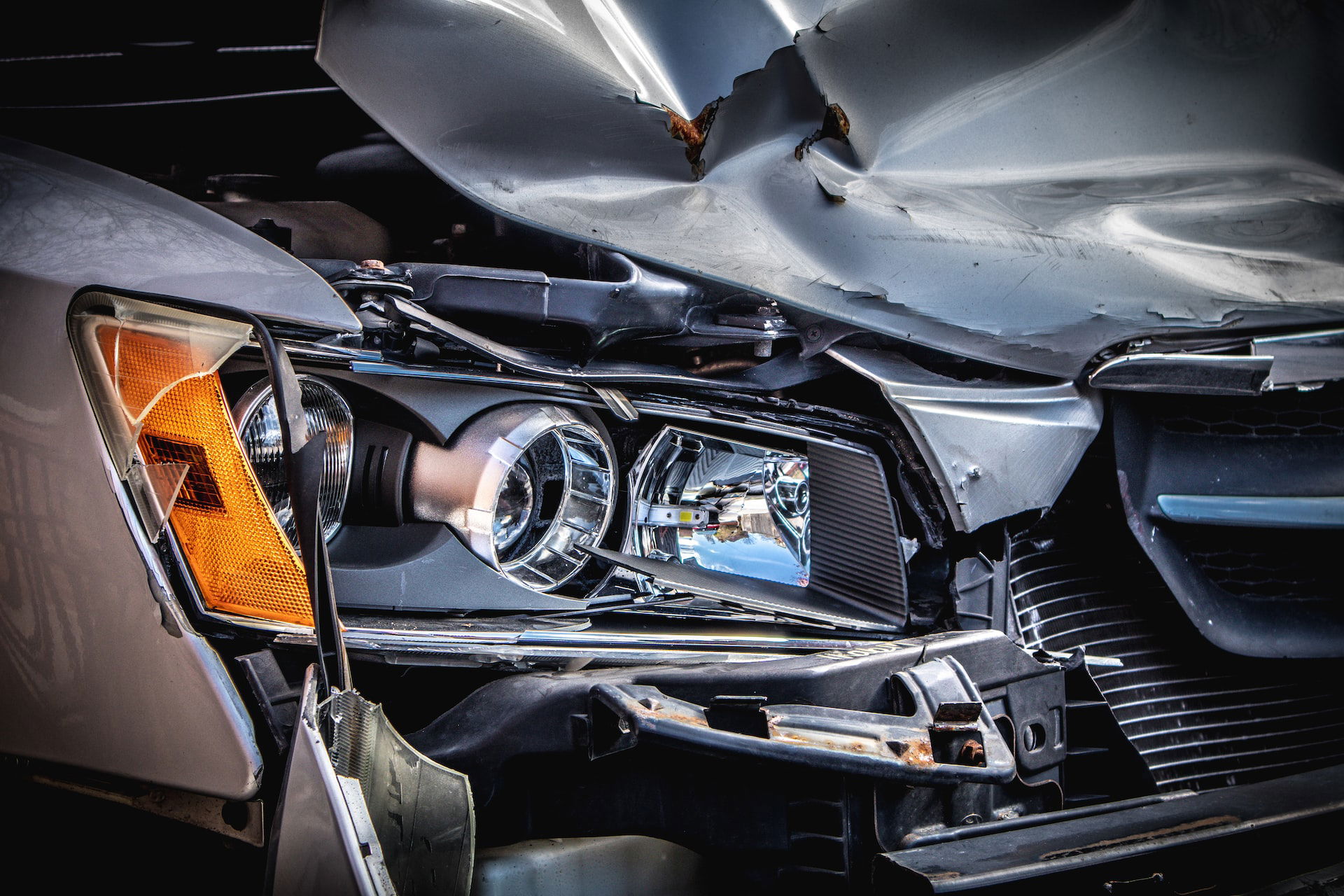Can Seatbelts Affect Your Personal Injury Case in PA?
Whether or not you were wearing seatbelts in a vehicle accident affects your personal injury case in Pennsylvania. Not wearing seatbelts is considered negligent and affects the value of your accident claim under the state's comparative negligence law. The comparative negligence law can be found in 42 Pa. Cons. Stat. § 7102, amended in 2011 as the Fair Share Act.
Additionally, not wearing a seat belt is against Pennsylvania’s seatbelt law. The law mandates that all drivers, front-seat passengers, and children aged eight to 17 use seat belts.
Pennsylvania follows the doctrine of comparative negligence. This means if you were not wearing a seatbelt when involved in a crash, you failed to exercise the degree of care needed to avoid a foreseeable injury accident. However, determining who is at fault and if there is negligence involved not black and white. In many collisions, both drivers were negligent and thus share responsibility for harm sustained by the victim(s). Put another way, a plaintiff recovers compensation according to their degree of fault.
Not wearing a seatbelt is not necessarily negligence under Pennsylvania comparative fault rules, and evidence that a plaintiff did not wear a seatbelt cannot be used at trial. This is something that you need to discuss with your personal injury attorney at Melaragno, Placidi & Parini.
A negligent driver in a car accident can use a seatbelt defense by stating the victim deliberately failed to wear a seatbelt. The defendant negligent party attempts to reduce the amount of compensation arguing that any injuries would have been less serious if you had worn a seatbelt. This defense may be used to reduce the amount of compensation paid for lost wages, or pain and suffering.
There is no question that seat belts do save lives. They keep passengers in place as opposed to being ejected from the vehicle on impact – which is almost always deadly. Seat belts work well with airbags, as they are not enough to protect you. The fact is, airbags can kill or seriously injure you if you are not wearing a seat belt. Seat belts work when they are worn appropriately as recommended by the manufacturer.
Comparative negligence
The comparative negligence law means accident survivors may seek compensation even if their actions contributed to the crash. To strike a fair balance, the law states that the victim's compensation is reduced in proportion to his or her degree of fault for the wreck.
An example would be if a victim was 20 percent at fault for a crash, any compensation awarded would be reduced by 20 percent. However, if the victim's negligence is more than 50 percent, the plaintiff cannot recover compensation. All drivers have to exercise reasonable care when behind the wheel. If that does not happen and a driver's conduct results in a crash, that driver may be negligent.
Being involved in a motor vehicle accident can be complicated, confusing, and painful. Let Melaragno, Placidi & Parini help you navigate the legal system. We've got your back.




